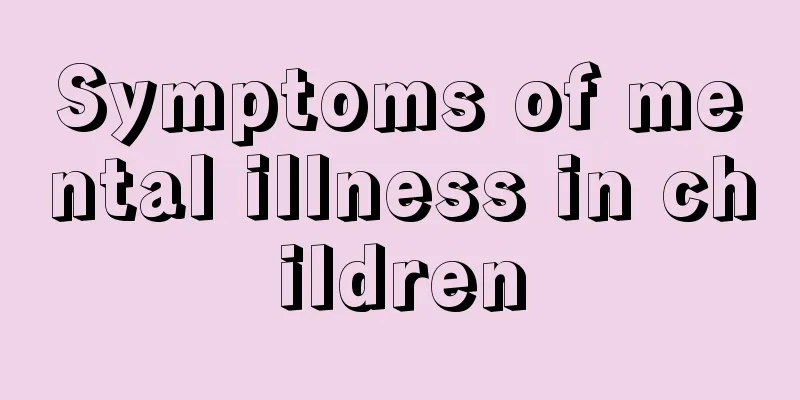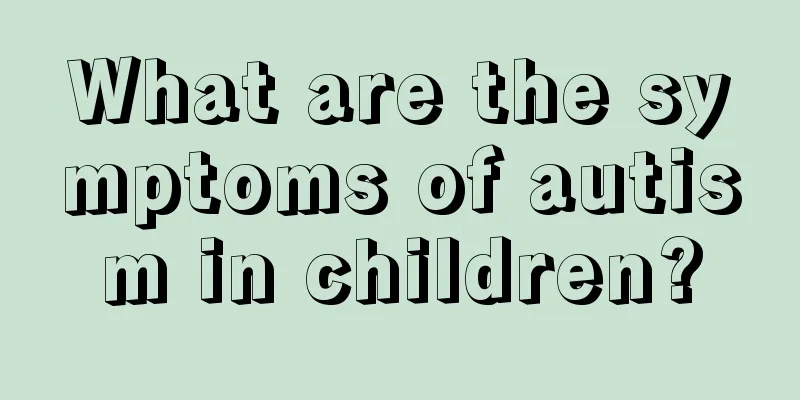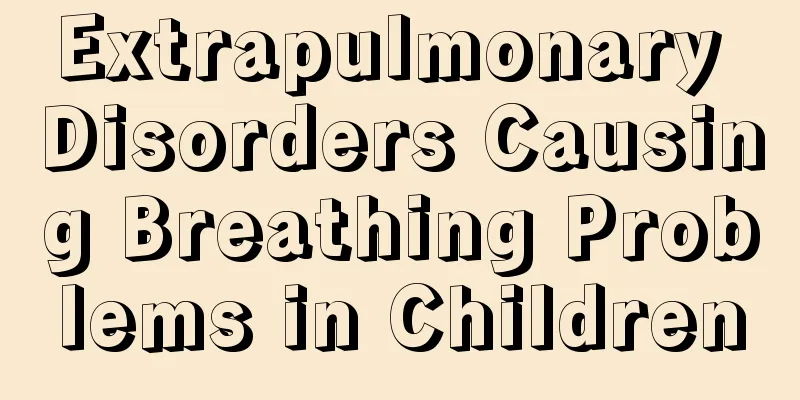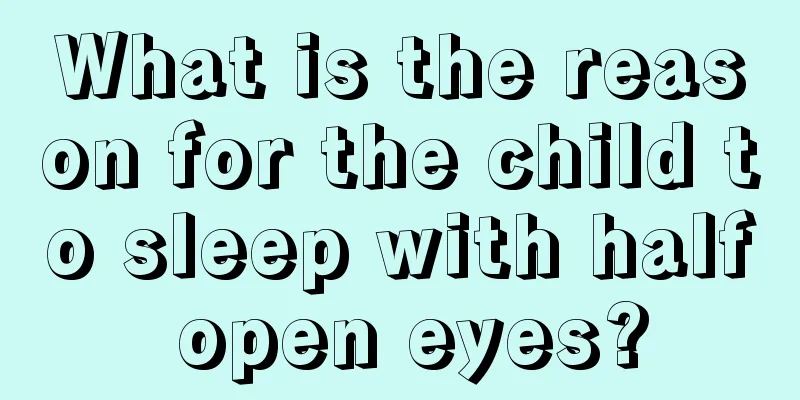Reasons why babies sweat while sleeping

|
The weather is not very hot, and parents don’t feel hot or sweating, especially when their babies are sleeping. However, when they touch their babies, they find that their bodies are covered in sweat, which they find very strange. Many people think that it is caused by calcium deficiency. So what exactly causes babies to sweat while sleeping? main reason: It is common for babies to sweat during sleep, and it is not always a symptom of weakness or illness. Many parents believe that their children’s constant sweating is due to their weak constitution. In fact, a considerable number of children suffer from physiological hyperhidrosis. Physiological hyperhidrosis is more common in the head and neck, often occurring within half an hour after falling asleep, and sweating stops in about an hour. Infants and young children have an active metabolism and are active and lively. Some of them cannot rest even after going to bed at night, so they may sweat on their heads after falling asleep. The so-called physiological hyperhidrosis refers to sweating during sleep when the child is well-developed, healthy, and has no disease. Parents are often accustomed to deciding the best environmental temperature for their children based on their own subjective feelings, and like to cover their babies with more blankets and keep them tightly covered. Because children's brain and nervous system are not yet fully developed and they are in the growth and development period, their body metabolism is very active. Coupled with the stimulation of overheating, they can only regulate normal body temperature by sweating to evaporate the heat in the body. Some active children exercise a lot during the day and generate a lot of heat. The body is unable to dissipate the excess heat through sweating, so the heat accumulates in the baby's body, and the baby's body temperature can reach around 38°C at night. After the baby falls asleep, the heat generated decreases, the sensitivity of the sympathetic nerves decreases, and the body dissipates excess heat through sweating to maintain normal body temperature. In addition, drinking milk, malted milk or eating chocolate before going to bed can also cause sweating in children. Some parents give their children milk, malted milk, etc. before they go to sleep. After the child falls asleep, the body produces a large amount of heat, which is mainly dissipated through sweating through the skin. In addition, too high room temperature or excessive warmth can also cause children to sweat while sleeping, which are all physiological sweating. The weather is hot and stuffy in summer and the bedroom is poorly ventilated, so babies are more likely to sweat. This type of sweating is called "physiological sweating" in medicine. It usually occurs in the first half of the night when you just fall asleep, and the sweat gradually disappears after deep sleep. Parents do not need to worry too much about physiological sweating. This is just a physiological phenomenon during the baby's growth process. As the baby grows older, this phenomenon will gradually decrease. The above article introduces to us the reasons why babies sweat while sleeping. Generally speaking, if this happens, it is mainly because the child is too active, resulting in too much sweat, so don’t cover them too much at night. |
<<: Nursing methods for babies with vomiting and low-grade fever
>>: How to prevent colds in spring for children
Recommend
What should I do if my baby's breathing sounds like phlegm?
Many mothers have encountered this situation when...
Mild tricuspid regurgitation in children
Tricuspid regurgitation is a physiological manife...
What to do if your child has true myopia
In our lives, many children develop myopia when t...
One action can tell whether a baby has high IQ
Generally speaking, the emergence of various beha...
What causes fecal incontinence in children?
Every parent hopes that their children can be hea...
What causes precocious puberty
Nowadays, the reasons that may lead to precocious...
Why does the newborn's physiological weight loss occur?
Mothers who have raised children should know that...
One and a half year old baby diet
Babies can eat some food when they are about one ...
Clinical manifestations of hoarseness in children
Parents are very concerned about their children&#...
Is it okay for children to eat dragon fruit?
Fruits are rich in vitamins and minerals, so pare...
Children have sore throats. Do you know how to treat them?
When symptoms of sore throat appear in children, ...
Newborn baby always tries to hold back his red face
A baby is the source of happiness for a family an...
How to solve the problem of baby’s itchy skin and constant scratching?
The baby's skin is very delicate and sensitiv...
What should I do if my child has a bloated stomach? Teach you simple home care methods
Abdominal bloating is a common symptom in childre...
What to do if you have menstruation at the age of ten
Menstruation is a sign of a woman's maturity,...









